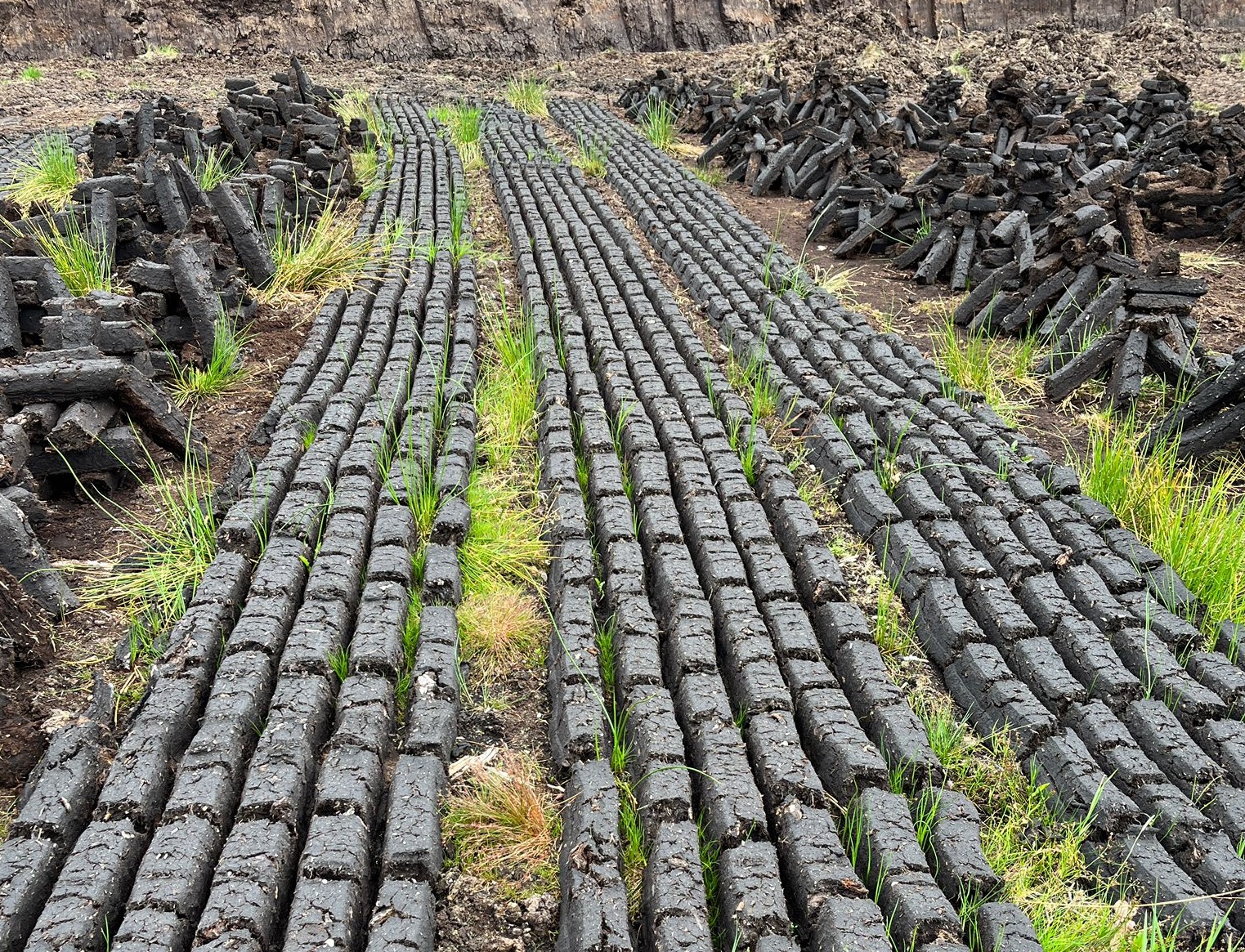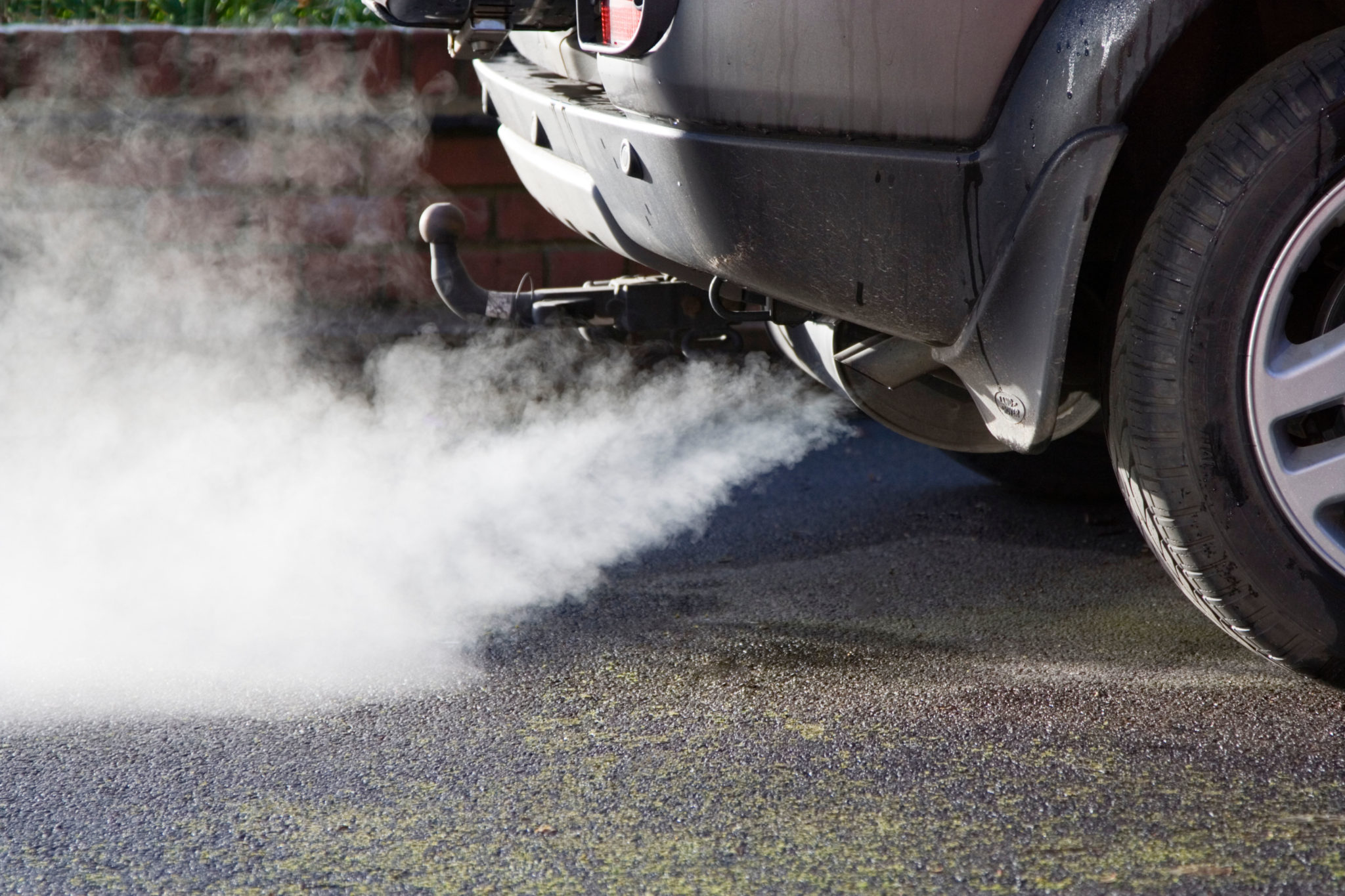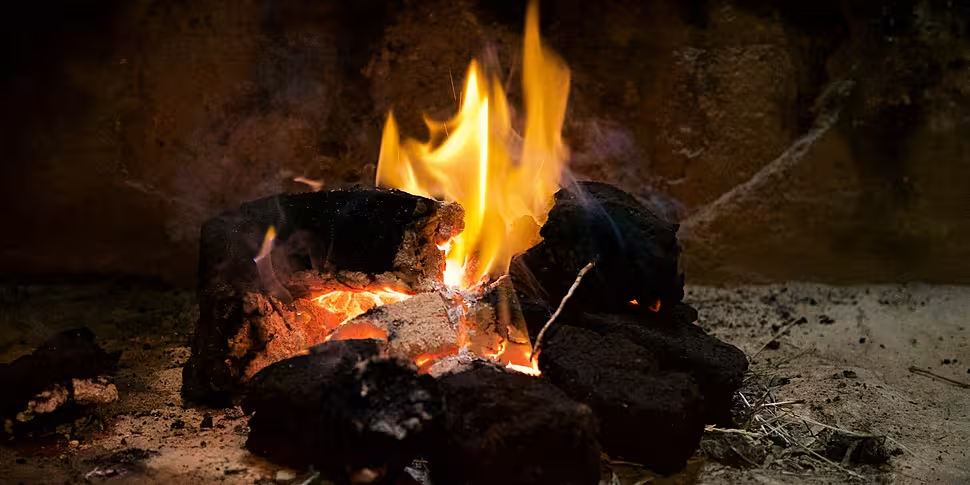Local authorities must be more proactive in enforcing smoky fuels ban, the Environmental Protection Agency has warned.
In 2022, the Government introduced restrictions on the commercial sale of smoky coal, turf and wet wood.
At the time, Environment Minister Eamon Ryan said the new rules would improve air quality and save lives.
Two-years on, the EPA is warning that air pollution remains a problem and is urging local authorities to do all they can to enforce the ban.
“On those cold, still evenings we can see air pollution build up in small towns all over the country,” EPA spokesperson Patrick Kenny told Newstalk Breakfast.
“Pollutants in that air are impacting on our health; the European Environment Agency is estimating 1,600 premature deaths in Ireland due to air pollution.
“We’ve one of the highest incident rates in Europe for asthma and we know as well from Irish research which highlights that hospital admissions are higher after exposure to air pollution, what we burn impacts on us, our families and on our neighbours.”
 Turf cutting on a plot on the Galway-Roscommon border. Image: Henry McKean/Newstalk
Turf cutting on a plot on the Galway-Roscommon border. Image: Henry McKean/NewstalkAs well as premature death, Mr Kenny said research has also linked air pollution to mental health conditions such as anxiety and depression.
He added that enforcement by local authorities of the ban is “key” and also urged people to think about the impact burning solid fuels has on their neighbours.
“Local authorities need to prioritise work in that particular area,” he said.
“For us ourselves as members of the public, we know that a significant number of households have more than one heating system.
“It’s very important that you’re warm and comfortable in the wintertime; a lot of houses have a primary heating system of oil or gas and then have a secondary solid fuel one.
“If you’re in a position to be warm and comfortable and to not use that secondary solid fuel heating system, you’re going to have a really positive impact on air quality in your local area.”
Transport emissions
Last year, the transport sector was responsible for just over a fifth, 21%, of Ireland’s carbon emissions and Mr Kenny said reducing this figure would also significantly improve air quality.
“If it’s possible for you to choose to not use your car even for one day a week, you’re going to have a positive impact there,” he said.
“If you’re parking outside your school in particular, turn off the engine. If we can stop idling that will have a positive impact on schools and they’re obviously some of our most vulnerable citizens.”
 Exhaust cloud from a car. Picture by: Alamy.com
Exhaust cloud from a car. Picture by: Alamy.comLast year, Ireland met EU minimum standards for air quality but fell short of tougher World Health Organisation (WHO) targets.
Under the Clean Air Strategy Ireland, the Government hopes to meet the WHO standards by 2040.
Main image: A turf fire. Picture by: Alamy.com









